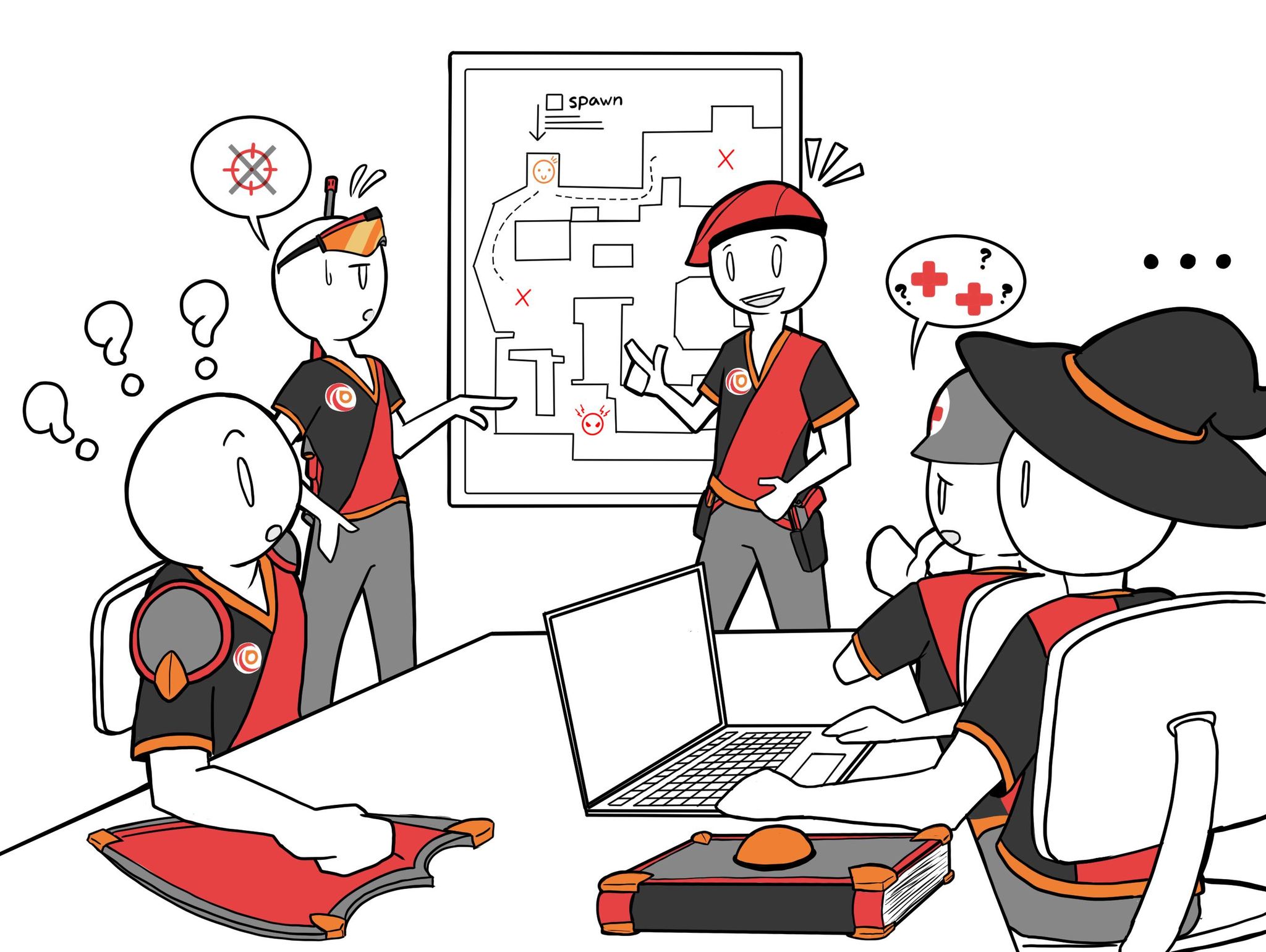What is good communication?
When it comes to good communication, there is a lot to consider. Firstly, why is it important to have good communication? When we interact with others, whether it is in a professional or personal setting, we constantly communicate, even when we are saying nothing. Our relationships with other people are made up of us communicating, and with better communication comes better relationships.
So, what is good communication and how can we better our own? On this subject there are many different answers, enough to fill multiple books. But since this is not a book, you will have to accept a much shorter segment.
The importance of speaking the same “language”
Language in this context does not refer to whether you speak English or Danish, although being able to understand one another is always a big plus, but it is rather meant as choice of words, speed and tone. This is known as the Communication Accommodation Theory (CAT) and highlights the importance of mutual linguistic adaption. In other words, in good communication we seek to adapt a similar way of speaking. When we have a common “language” our message can be more easily understood and thereby become more frictionless.
Communicating your message clearly
The Meaning of Meaning Theory addresses the notion, that people understand the same things differently based on prior experiences and their ideas about the world. The same sentence can therefore be understood in a variety of ways, depending on who is listening. This makes communicating clearly and precise very important for getting your message across. Checking in with how the other part understood your message can also help with avoiding some misunderstandings.
The importance of active listening
In actively listening to others, we take an involved role in the communication; decoding the message, giving feedback and concentrating on what is being said. We put ourselves in a ready to receive position. When doing so, we show our interest in further communication and simultaneously make the other person feel heard and understood. Actively listening to others also gives us a better chance of avoiding conflicts and misinterpretations.

Conclusion
The selections above only represent a small portion of the possible ways to improve your communication, but an interest in the subject is always a good first step.
Litterature
Gasiorek, J., Giles, H., & Soliz, J. (2015). Accommodating new vistas. Language & Communication, s. 1-5.
McElvenny, J. (2014). Ogden and Richards’ The Meaning of Meaning and early analytic philosophy. Language Sciences, s. 212-221.
Rodat, S. (2019). Listening in verbal communication: aspects regarding active listening in theoretical models of social work. Annals of the University of Craiova for Journalism, Communication and Management, s. 139-158.


